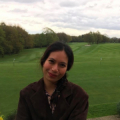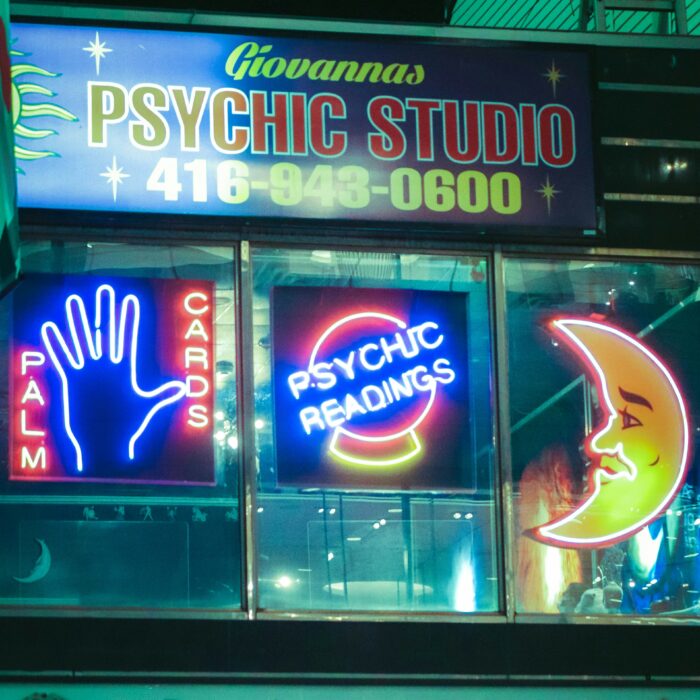You have no items in your cart. Want to get some nice things?
Go shopping
Καρδιά = Kardia = Cardiac = Heart
“Η καρδιά. Yi kardiá. Heart.”
“Η βάρκα. Yi várka. Boat.”
“Η χώρα. Yi hóra. Country.”
Stella is teaching me Greek nouns, and my brain is attempting simultaneous equations of
- the endings that make them feminine,
- connecting what I can to English (kardia = cardiac = heart), and
- regurgitating the alpha, vita, gamma, hoping each letter and word is disgorged of English and comes out clear and transparent, like a leaf bleached of its chlorophyll.
Stella is also a trained philologist. She explains something about feminine nouns, ancient Greek, and English’s similarities: Mother Nature, nations and ships are female. We veer into the subjects of of sexism and language use, but remembering these philosophical discussions won’t be practical when visiting my partner Romanos’ family in summer, we return to the textbook.
The next Wednesday, hours before my next lesson, I practice Greek in the shower. My thoughts are translations: How are you? Today, I have an Adobe Illustrator lesson. I am tired.
—No. Scratch tired. I don’t know what the feminine word for tired is.
“—You don’t know the word for that yet. Wait. Let me try something else.” Stella says that day.
“It’s okay, let’s start all over.”
Sometimes it is as though I am the teacher when I am really just a paying customer. We are back to the script of Unit 1.
Hello, how are you?
Where are you from?
Which city?
What language do you speak?
What do you do?
Stella teaches the sentence I work in a library instead. The word librarian is actually harder for me to memorise.
But artist, writer. That word I have no problem with and learned it myself when I had arrived in Athens as an artist-in-residence, a year before I started lessons with Stella. Yet outside of Greece, “What do you do?” begets the answer of a profession that actually pays.
Do you like it?
Whatever it is, I always say yes. With no, it is why not that follows, and who has the vocabulary for that?
In learning Greek, I do not mean to be selfish, but I truly am. I memorise situational phrases, garnish them with non-situational vocabulary to explain myself, my day, my family, my country, the size, its rent: everything is εγώ, ego, I, I, I, I.
How do I say this? I have in yi kardiá mou to make a conversation with Stella and Romanos’ family, but yi varká bringing me those words have not yet arrived in yi hóra mou.
Homework
When I’m not working, I’m working on other things. Writing for a grant, responding to an open-call, shifting stanzas and caesuras, reading and researching. The other day, I was editing a poem in the living room when my mother’s phone rang. It must have been my father at work, or an aunt who had called for a quick afternoon chat.
“Yes, yes, and Joey is here too.”
“She’s doing her homework.”
My mother knows the acts of writing and reading in the way she jots down the winning lottery numbers for the day, or checks out the cost and country of origin of fruits in the supermarket. “Homework” is the closest thing she knows of reading and writing that required concentration and effort when I was growing up. So even as an adult, I am bent over in the living room, doing homework.
She grew up in a family of eleven siblings, her parents and a grandmother. She never completed secondary school, having studied until fourteen years through night classes. Her family could only afford to buy fruits that had started to rot, and rarely when they could afford it, the tips of chicken wings. When you are not rich enough to eat but not poor enough to die, what expressions could you have had learned for poetry and art? That was how I was able to excuse my mother for not acknowledging me.
It’s all _______________ to me
Romanos tells me the Greek equivalent of it’s all Greek to me is eínai yiá ména kinézika: it’s Chinese to me.
I laugh, not because it is funny, but because I could speak to my mother in English, and it would be still be English to her. Over the years, I sought to change the hierarchy in my vocabulary. If I was going to give a “lecture” or a “reading”, I called it a “talk”. An exhibition, performance art, or a festival became “show”. A poem, an essay, my research turned into a “story”. And even then, she showed little pride or interest.
I never told her about my despairs: how I was eating Nutella and banana sandwiches daily so I could pay for graduate school and still give her an allowance. How a friend had offered me $10, and I was too proud to even take it until the day I tried to enter the gantry to catch the train and realised there was insufficient value in my card, with no money in my bank account either to pay for the fare.
Throughout our lives, my mother and I coordinated our conversations with similar questions, and answers with nothing more than a few other options, limited by the boundaries and experiences of our disparate lives, the vocabulary at our disposal.
Do you want to have lunch?
How was your day?
What did you do today?
In silence, I listened to her talk about how the car was dirty again, the increased cost of food, the number of foreigners coming into the country. And I thought of all my monologues with Stella.
Order
It had to do with a fiction piece, my first, to be published in a print anthology to be launched at a writers festival. I said, “I have a story coming out in a book,” omitting fiction, published, print and anthology. Instead of pride, I had said it almost with the defiance of a delinquent who had done something wrong, but needing to be right.
That day, years of the carefully constructed excuse, which had allowed forgiveness, acceptance and understanding for my mother’s lack of acknowledgement, failed.
“I hope you didn’t write about our family,” her tone was flat, cool, warning.
We had looked at each, wondering who had shamed who.
That day, I realised my mother had always known what I did.
And she thought that they were dangerous. I was dangerous.
Script/ Trip
As a child, I used to say, “How are you fine thank you”, believing those words belonged together in the same sentence. When my mother taught me my first greeting, she was one person speaking two parts of a dialogue. Following sounds instead of patterns, it felt correct to repeat what I heard, rather than how they were coordinated.
Over the years, the answer “Fine” has been revised and updated to “Good”, “Alright”, “So-so”, all of them agreeable, acceptable. Once, however, stepping into Gap at the end of an exceptionally trying day, I decided to reply the chirpy sales girl’s greeting with the truth.
Bad. I watched her hold her smile longer than she had intended, probably to excuse herself from responding. I had violated a script, and she had tripped. She walked away, still smiling.

About Joey Chin
Joey Chin (1986) is an artist and a Pushcart-nominated writer and poet. She was most recently the 2018 Royal Over-seas League Visual Art Scholar and artist-in-residence at The Art House, Wakefield. Her work is located at the intersection of text, narrative and visual art, staged through poetry, acts and modes of reading, and various disruptions. The key focus in her works is the development of personal communications between the self, markings of territoriality, and the inner conversations between the two. Joey holds an MFA in Creative Writing (Poetry) from the City University of Hong Kong, and her work has received scholarships, grants, and awards from numerous organisations including the Royal Over-seas League Arts (London, United Kingdom), the Dorothy Cheung Foundation, the National Arts Council (Singapore), the Run Run Shaw Library (Hong Kong), and the American Anthropological Association.



